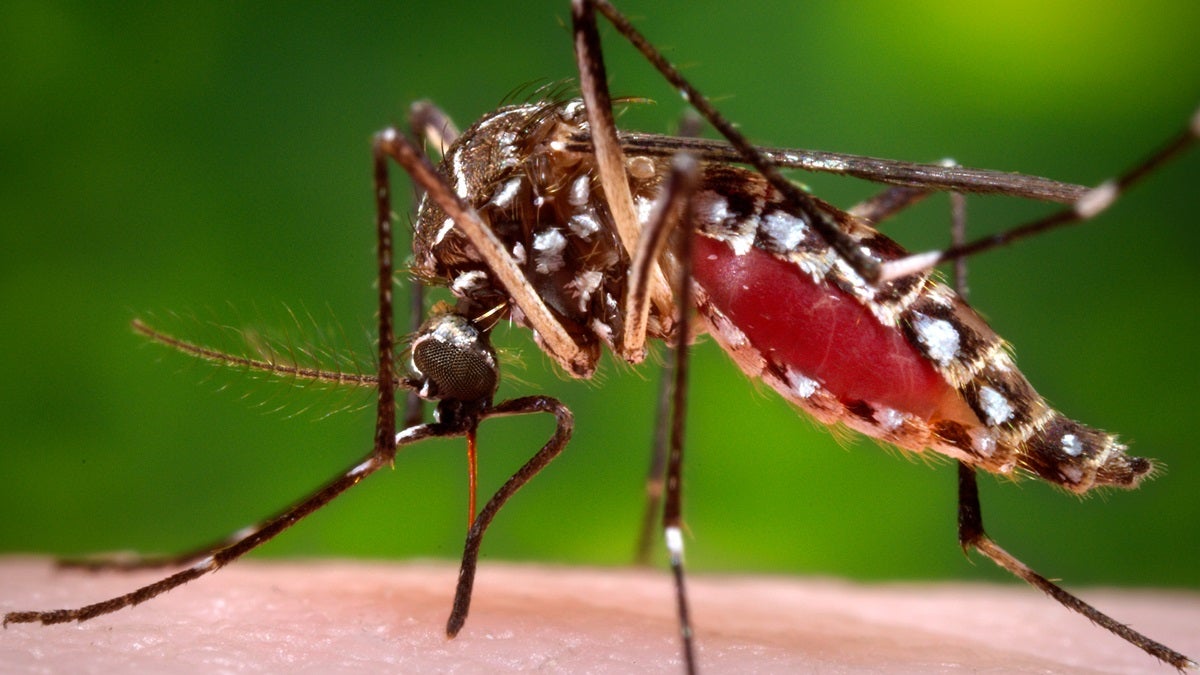Delaware health leaders shed little light on first Zika case
Listen
Mosquito (James Gathany/Centers for Disease Control and Prevention via AP)
Details were few and far between concerning Delaware’s first case of the mosquito-borne Zika virus.
During a teleconference Wednesday afternoon, Delaware Division of Public Health Director Dr. Karyl Rattay said an “adult female,” who is not pregnant, contracted Zika when traveling.
“She had mild symptoms, which rapidly resolved, like is the case for most individuals who have the Zika virus,” Rattay said. “This is not unexpected given the number of reported cases nationally and internationally.”
The woman’s age, in which county she lives, even when and where she traveled was not disclosed to protect her personal privacy.
“I want to emphasize that there is no threat of local infection from this case,” said Rattay, adding the type of mosquito involved in transmitting the Zika virus abroad is not found in this part of the world, and more specifically in Delaware.
According to the CDC, cases have been reported where the virus was spread through blood transfusion and sexual contact.
“Although the science is evolving, at this point there are no known cases of transmission through blood transfusion,” Rattay said.
On the point of sexual transmission Rattay said, “There have been two cases that are being looked at, where it is highly probably that transmission has taken place from a male individual who has been infected to a female partner.” One of the cases was reported in Texas.
Zika is a generally mild illness, currently widespread in Central and South America and the Caribbean. Health officials said most people infected with the virus do not develop symptoms. However, anyone who lives or travels in the impacted areas can be infected. Zika symptoms include mild fever, skin rash and pink eye.
However, the most serious threat linked to Zika is birth defects in babies whose mothers contracted the disease while pregnant.
“Pregnant women should postpone travel and be screened by a doctor if they have traveled to the countries in Central and South America and the Caribbean where Zika is widespread,” Rattay said.
The Centers for Disease Control confirmed Delaware’s Zika case yesterday. Rattay did not confirm whether the state is awaiting results on additional tests, only saying, “Additional Delaware lab-confirmed cases are possible given the level of international travel these days.”
There is no treatment or vaccine to prevent Zika infections.
And as Delaware approaches its mosquito season, Rattay said DPH is having conversations with the state’s Dept. of Natural Resources and Environmental Control about mosquito control.
“We will be looking to see if there is any transmission of this virus during our mosquito season here in Delaware,” Rattay said.
WHYY is your source for fact-based, in-depth journalism and information. As a nonprofit organization, we rely on financial support from readers like you. Please give today.


